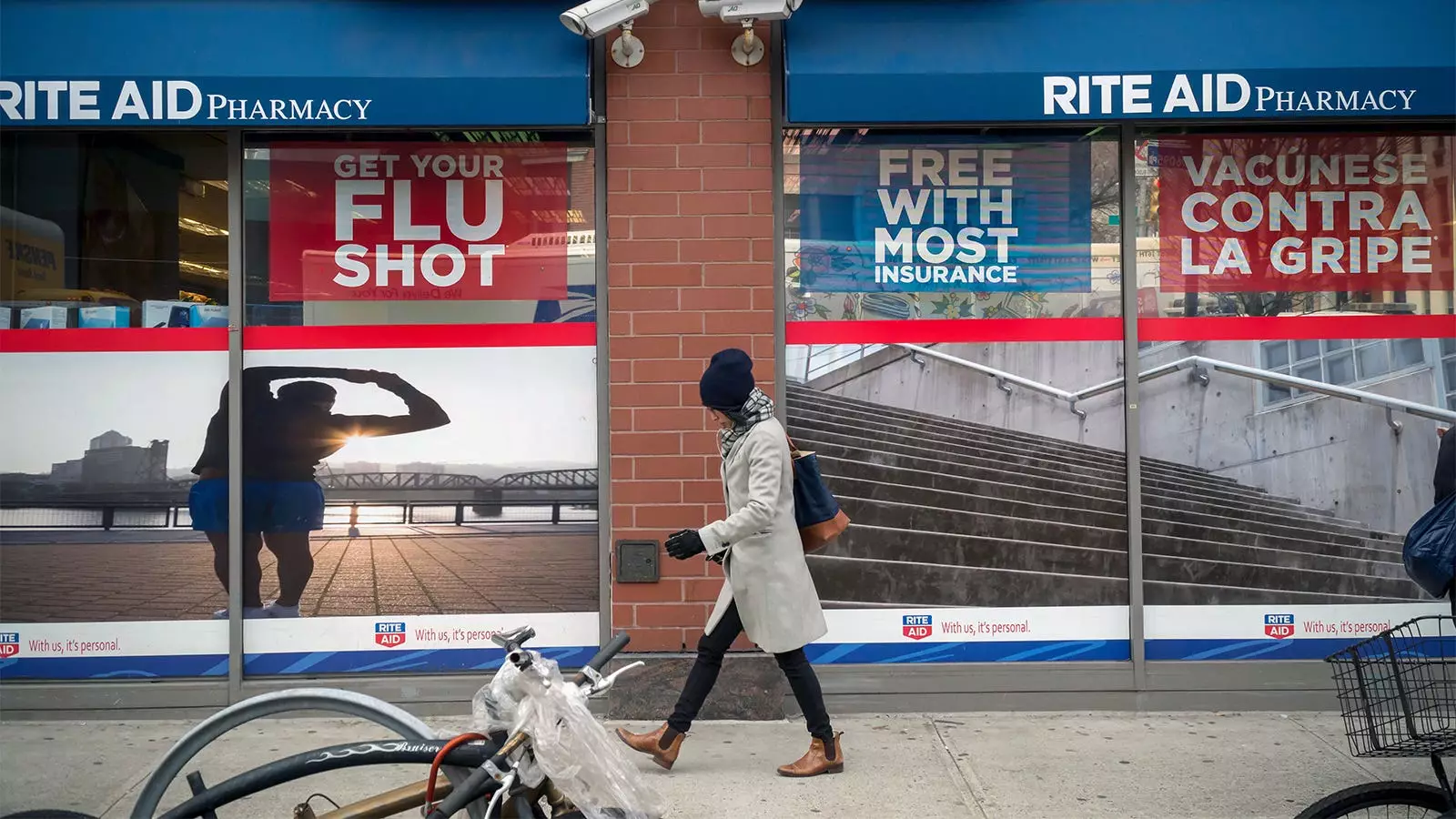Recent estimates indicate that flu shots are performing adequately in the United States winter flu season. According to health officials at a CDC vaccines meeting, the vaccines were approximately 40% effective in preventing adults from falling ill enough from the flu to require medical attention. Moreover, children who received the vaccine were roughly 60% less likely to need treatment at a healthcare facility for flu-related symptoms. It is generally considered satisfactory if a flu vaccine has an efficacy rate of 40% to 60%.
Annual flu shots are recommended for all individuals aged six months and older in the United States. Despite this recommendation, only about half of eligible children and slightly less than half of adults obtained flu vaccinations in the past few months, as per CDC data. The CDC employs various surveillance systems to monitor the efficacy of flu vaccines, relying on data from hospitals, urgent care clinics, and outpatient facilities.
Estimates from four different surveillance systems were presented at the CDC meeting, with the midpoints indicating around 40% effectiveness for adults and about 60% for children. These figures are relatively consistent with earlier reports from the CDC. However, some variability in effectiveness is observed in different flu seasons, largely dependent on the dominant virus strain and vaccine match. Dr. Sarah Long of Drexel University expressed disappointment at the diminishing returns of annual influenza immunization and raised concerns about possible lower immune system responses from repeated vaccinations.
In response to concerns about decreasing vaccine effectiveness, a CDC official mentioned ongoing research exploring if repeated annual vaccinations could be contributing to weaker immune system responses. Thus far, conclusive results on this matter have not been achieved. However, Dr. Lisa Grohskopf of the CDC emphasized that the consistent finding from research is that overall, receiving a flu vaccination is more beneficial than not getting vaccinated at all.
The efficacy of flu shots in the U.S. is currently showing promising results for the ongoing winter flu season. While some concerns have been raised about decreasing effectiveness, continued research is necessary to fully understand the impact of repeated vaccinations on immune responses. Nonetheless, the consensus remains that receiving an annual flu shot is advantageous in protecting against the flu and its potential complications.


Leave a Reply